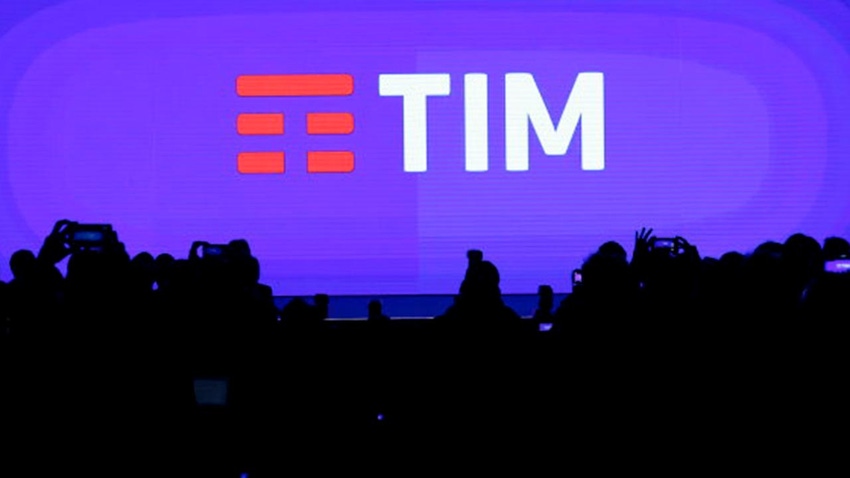TIM picks KKR for networks deal, but it's not over yet
TIM is to enter into exclusive negotiations with KKR over the sale of its network assets, the private equity company having submitted a higher offer than rival bidders CDP Equity and Macquarie.
June 23, 2023

TIM is to enter into exclusive negotiations with KKR over the sale of its network assets, the private equity company having submitted a higher offer than rival bidders CDP Equity and Macquarie.
The Italian incumbent announced on Thursday evening that its board of directors had examined the final offers from both parties and given CEO Pietro Labriola the nod to broker a final deal with KKR. The board wants the deal hammered out as soon as possible; it wants a “conclusive and binding offer” on the table, and KKR’s due diligence organised, by 30 September at the latest.
To the untrained eye, it looks as though the deal could be done and dusted, or at least jumping through the required regulatory hoops, within a matter of months. But this is TIM, and there’s a long way to go yet. In fact, you could argue that the telco is just moving from one state of uncertainty to another.
For one thing, it has to get Vivendi onside, and there remains considerable doubt over its ability to do that.
Citing a unnamed sources close to the situation, the Financial Times on Thursday reported that Vivendi, which holds a 23.75% stake in TIM, will seek to block any deal with KKR on the grounds that its offer undervalues the network and that any sale of the NetCo business would be a strategic mistake.
On that first point, it’s worth noting that TIM still has not disclosed any of the financial details of the non-binding bids submitted by KKR and the CDP Equity/Macquarie pairing. In its most recent statement, the telco noted that the KKR bid was higher than CDP/Macquarie’s, but did not give further details.
The Italian press, including most recently financial daily Il Sole 24 Ore, has repeatedly pegged KKR’s final bid at €23 billion, including €2 billion in earn-outs, while at the same time reporting that Vivendi was aiming for €31 billion but might be willing to go as low as €26 billion. If all that information is correct, we’re still looking at a disparity of €3 billion, which is no small sum by anyone’s standards.
But Vivendi’s objections are about much more than financial wiggleroom. It is fundamentally opposed to the idea of structural separation. The jewel in TIM’s crown is its network, and selling it off would turn the telco into “a dead man walking,” one of the FT’s sources said.
Presumably Vivendi would feel a little less strongly about the idea if it felt it were getting a massive return as a result of the network spin-off, but as it stands, it seems determined to block the move.
And Vivendi is not TIM’s only obstacle. As the telco itself points out, any deal involving NetCo requires both legal authorisations, including passing the Golden Power process, which gives the government the right to veto transactions deemed to have an impact on national security, and antitrust approvals.
When it comes to antitrust, the KKR bid is probably more likely to succeed than the CDP/Macquarie offer, given that CDP is already TIM’s second largest shareholder with a 9.81% stake while CDP and Macquarie together own rival fibre network Open Fiber. KKR might possibly be concerned about the state’s reaction to any deal though, given that it is a US-headquartered business. However, there have been reports of KKR teaming up with other investors to get the deal over the line, the most often mentioned being Italian infrastructure fund manager F2i.
TIM described the KKR offer as being “preferable in terms of executability and timing,” which suggests it has more confidence in it succeeding than it would have had with the rival bid. But there remain myriad obstacles to be overcome before we can declare the NetCo deal done.
Get the latest news straight to your inbox. Register for the Telecoms.com newsletter here.
About the Author(s)
You May Also Like











_1.jpg?width=300&auto=webp&quality=80&disable=upscale)


.png?width=800&auto=webp&quality=80&disable=upscale)